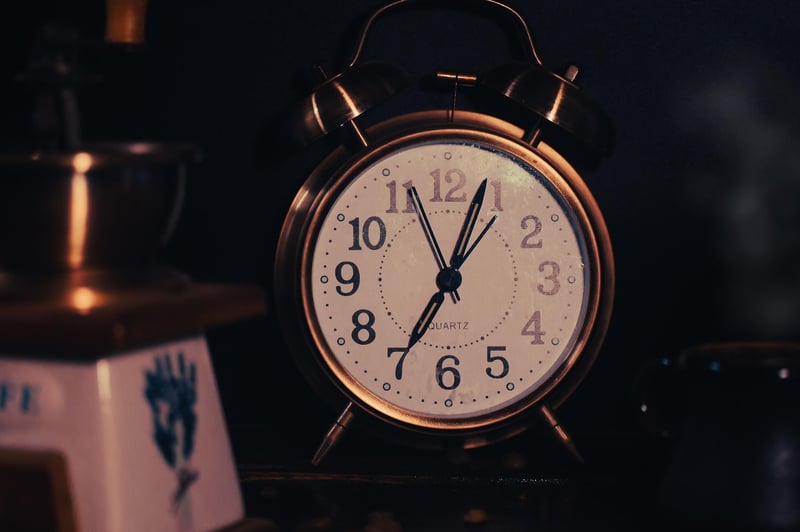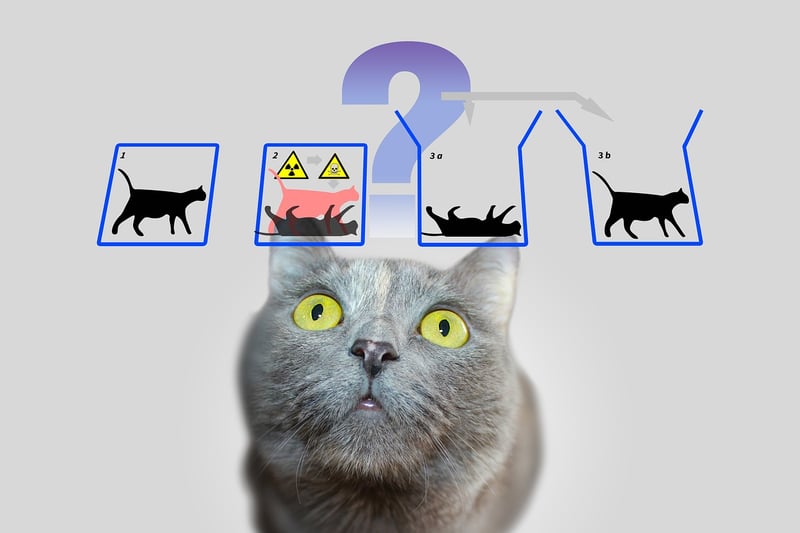Bootstrap Paradox
Understanding Time Paradoxes and the Bootstrap Paradox
Time travel has been a fascinating topic in science fiction for decades, leading to the exploration of various paradoxes that challenge our understanding of cause and effect. One such paradox is the Bootstrap Paradox, which raises intriguing questions about the origin of events and objects in a time loop.
What is a Time Paradox?
A time paradox occurs when the timeline of events is altered in a way that conflicts with the logical flow of time. This often leads to situations where cause and effect become intertwined, creating inconsistencies that defy traditional notions of causality.
The Bootstrap Paradox
The Bootstrap Paradox, also known as a causal loop, is a theoretical paradox that involves an object or information existing without being created. In this scenario, an object is sent back in time, leading to its own creation without a clear origin. This creates a loop where the object has no discernible beginning.
Imagine a scenario where a time traveler brings a famous painting back in time and presents it to an artist who then copies it, creating the original painting. In this loop, it's impossible to determine the original source of the painting, as it exists without a true point of creation.
Implications and Theories
The Bootstrap Paradox raises profound questions about causality, free will, and determinism. It challenges the idea of linear time and suggests that events can be self-created without an external origin. Some theories suggest that parallel universes or alternate timelines may resolve these paradoxes by allowing for multiple coexisting realities.
Conclusion
Time paradoxes like the Bootstrap Paradox push the boundaries of our understanding of time and space, prompting us to consider the complexities of causality and existence. While purely theoretical, exploring these paradoxes sparks intriguing discussions about the nature of reality and the limits of human comprehension.
For more information on time paradoxes and theoretical physics, check out Space.com's article on time travel theories.


